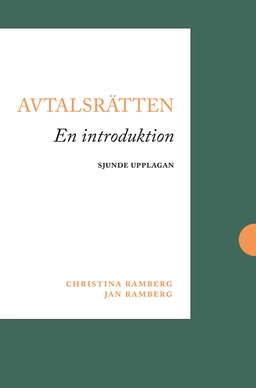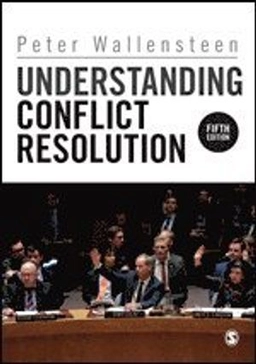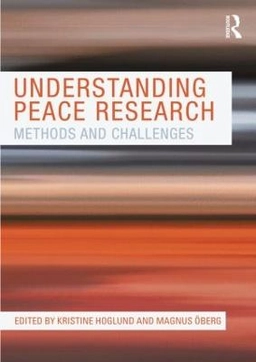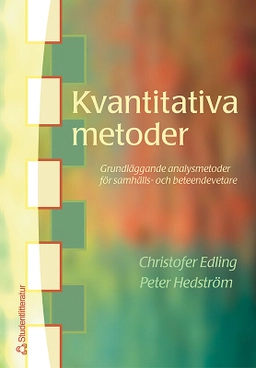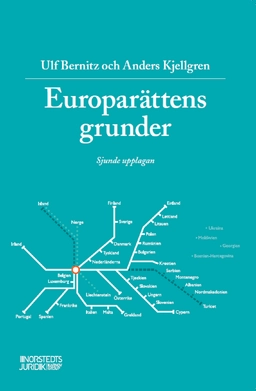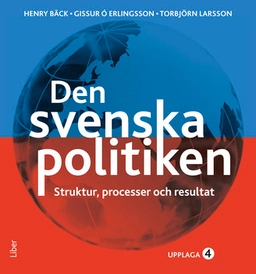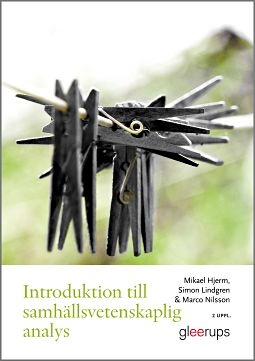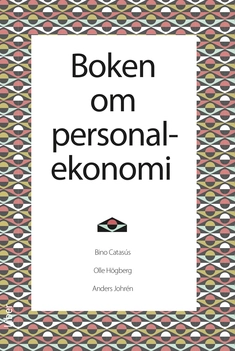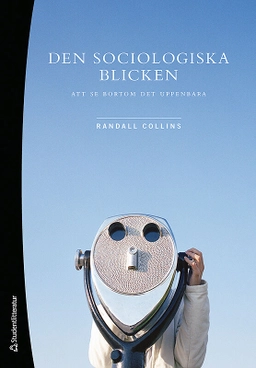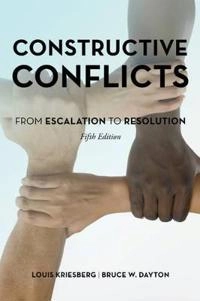

Constructive ConflictsUpplaga 5
- Upplaga: 5e upplagan
- Utgiven: 2016
- ISBN: 9781442243255
- Sidor: 452 st
- Förlag: Rowman & Littlefield
- Format: Inbunden
- Språk: Engelska
Om boken
Åtkomstkoder och digitalt tilläggsmaterial garanteras inte med begagnade böcker
Mer om Constructive Conflicts (2016)
I september 2016 släpptes boken Constructive Conflicts skriven av Louis Kriesberg, Bruce W. Dayton. Det är den 5e upplagan av kursboken. Den är skriven på engelska och består av 452 sidor. Förlaget bakom boken är Rowman & Littlefield som har sitt säte i Lanham.
Köp boken Constructive Conflicts på Studentapan och spara pengar.
Referera till Constructive Conflicts (Upplaga 5)
Harvard
Oxford
APA
Vancouver
